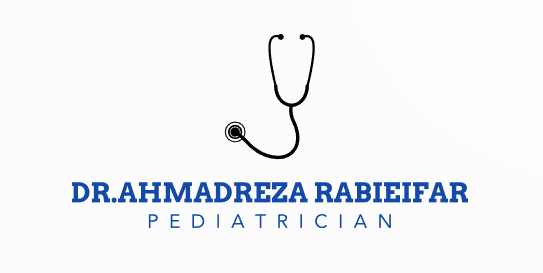School and Nutrition in Growing Children
Proper nutrition plays a crucial role in the growth and development of children. With a balanced diet, the risk of many health problems in the future is reduced, and the onset of certain diseases can be prevented.
Ages 7-12
The quality of eating habits and food choices in children aged 7-12 years heavily depends on family dietary habits. Therefore, families can have a significant impact on children’s nutrition. Considering that children spend several hours a day at school, schools can also play an essential role in nutrition and food choices.
Essential Nutritional Needs
Students in every age group need three main meals and two snacks throughout the day. They should consume all food groups, including dairy, meat, legumes, vegetables, fruits, and grains. Balance and variety are very important at this age.
Importance of Breakfast
Breakfast is one of the most important meals of the day for children. Kids who skip breakfast tend to have lower IQs and reduced learning and memory capabilities.
Common Reasons for Skipping Breakfast
Lack of time and lack of appetite are common reasons for skipping breakfast. To address this, families are advised to have dinner earlier to ensure a restful sleep, allowing children to wake up early enough to have breakfast. Adequate sleep, coupled with an early dinner can increase a child’s appetite for breakfast.
Examples of a Complete and Nutritious Breakfast
Porridge, rice pudding, haleem, lentil soup, and cereal with milk are examples are a complete breakfast. Bread with cheese and walnuts, eggs, butter and honey, dates with milk, bread with cheese and tomatoes are additional examples. If your child avoids breakfast for any reason, do not pressure them. Instead, pack a healthy snack for their break time.
Skipping breakfast and lack of appetite should be investigated. If persistent, it can lead to malnutrition and other illnesses.
Monitoring for Health Issues
It is important to observe children’s conditions. Sometimes children eat breakfast and snacks but still show symptoms such as excessive thirst, frequent urination, drowsiness, hunger, heart palpitations, dizziness, headaches, sweating, trembling, and confusion. These children should be checked for diabetes.
Role of Snacks
Snacks are important for all age groups, particularly for children aged 7-12. Children who eat breakfast but avoid snacks at school may experience confusion and lack of concentration due to low blood sugar levels. A healthy snack, such as a bread and cheese sandwich with walnuts or fruits like bananas and apples, or nuts like almonds, walnuts, and raisins, can help regulate your child’s blood sugar levels.
Encouraging Healthy Snacks
Parents often complain that their children prefer cakes, ice cream, biscuits, and wafers over homemade snacks. The best solution is to encourage the child by allowing them to take a homemade snack one day and a preferred snack the next. Avoid forcing homemade snacks, and whenever possible, prepare homemade cakes or popcorn for your child’s snacks.
Important Recommendations
In addition to three main meals, two snacks should be consumed daily at 10 AM and 4 PM.
Avoid low-nutritional-value snacks like puffs, chips, chocolate, and soda.
To enhance learning and memory, include fish and shrimp in children’s lunch menus 2-3 times a week.
Remember, if children get tired quickly, it could be due to anemia. Therefore, include iron-rich foods daily, such as red meat, chicken, liver, eggs, legumes, grains, green leafy vegetables, nuts, and dried fruits.
This translation outlines the key points about the importance of nutrition in school-aged children and provides practical advice for maintaining a balanced diet. If you need more detailed information or specific sections translated, feel free to ask!
 English
English
 فارسی
فارسی 

